disaster response
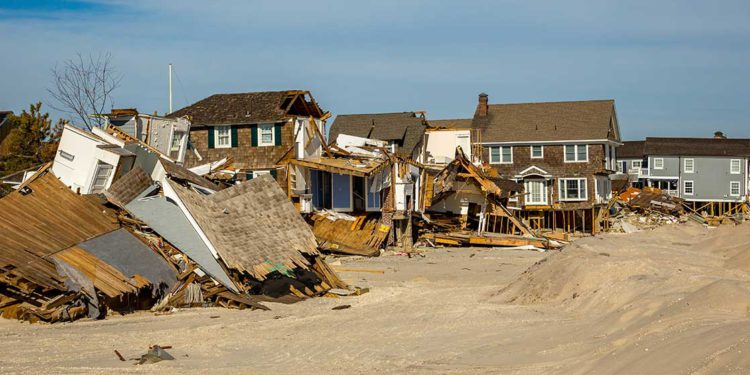
3 communications lessons from Hurricane Ian
In early October, in the wake of Hurricane Ian, Chris Teale, a staff reporter at Government Computer News (GCN), authored an article about the need for communications both during and before natural disasters. In his article, Chris referenced a report by the Federal Communications Commission to illustrate the hurricane’s impact
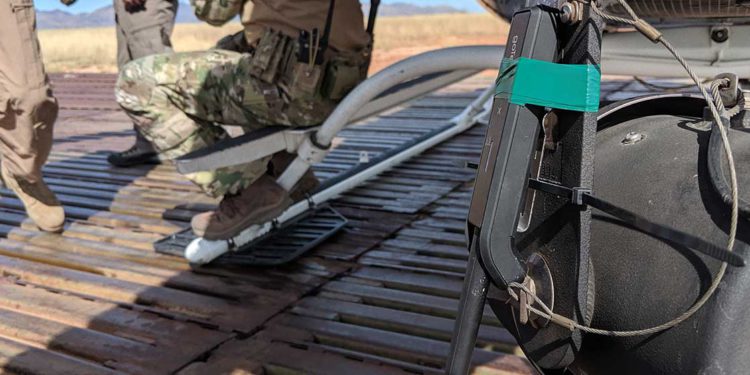
Which aerial assets are the perfect match for your mesh network?
Those who operate in austere, geographically isolated areas outside of a cell service bubble need reliable communications for the duration of their mission. They’re either battling wildfires, searching for missing people, or monitoring border activity across huge swaths of land. Traditionally, the only way to have continuous coverage for situational
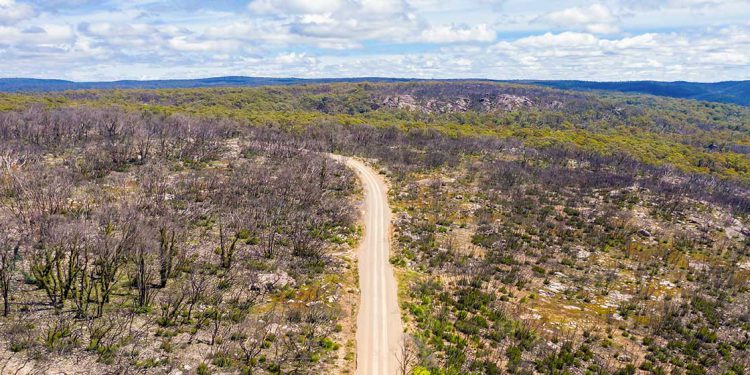
Valuable lessons learned from the devastating 2019/20 New South Wales bushfire season
In Australia’s most populous state, New South Wales (NSW), the 2019/2020 bushfire season was one for the record books. This is not, however, a fact to celebrate. With many lives lost, homes destroyed, and vast amounts of land and infrastructure damaged, there is a need for both recovery and healing,
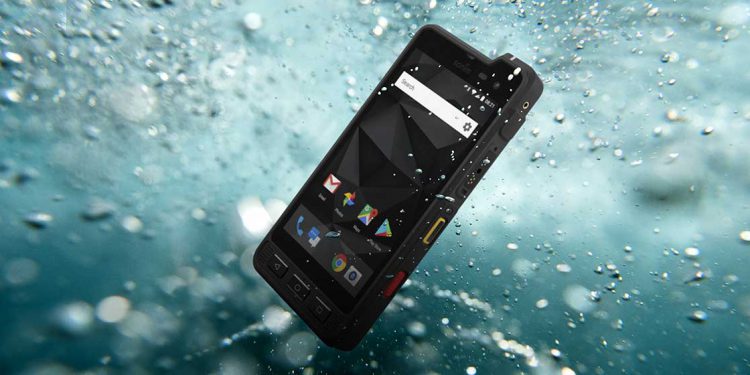
Podcast: Sonim discusses bringing new capabilities to emergency response
When first responders and emergency response personnel respond to natural disasters, we want them to be as prepared as possible. But, historically, disaster and emergency response personnel deployed with just a traditional voice radio. This gave them the ability to communicate and collaborate via voice only. And even that capability
Webinar | Technology for tracking disaster response teams
Tornadoes, hurricanes, earthquakes, and other natural disasters cause frequent damage to centralized cell, wifi, and RF communications networks. No matter the mission, response teams still need to find a way to communicate and maintain situational awareness in the immediate aftermath of a disaster. Watch leading UAS training organization Granite Defense
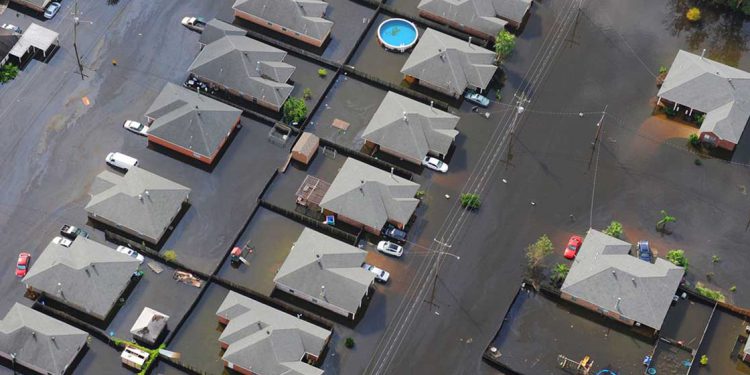
Whitepaper | Disaster response communications in the age of COVID-19
COVID-19 presents an immediate challenge to emergency management organizations responding to secondary disasters like hurricanes, floods, and wildfires. As ventilators, tests, and personal protective equipment flood our newsfeeds, we can’t forget the basic need underlying any disaster response: communications. With threats from cybersecurity to climate change, communications challenges were mounting
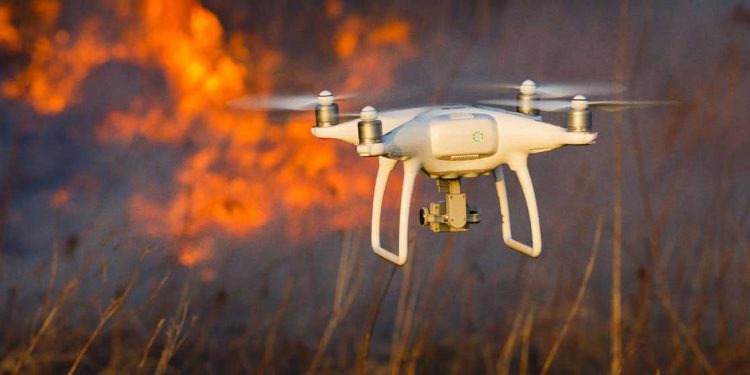
Look to the skies for the future of fighting wildfires
In my previous article on The Last Mile, I looked at the current state of the wildfire threat in the United States and how recent climate changes and shifts in our environment are not only making wildfires more frequent, they’re making them more destructive and deadly. In that article, I
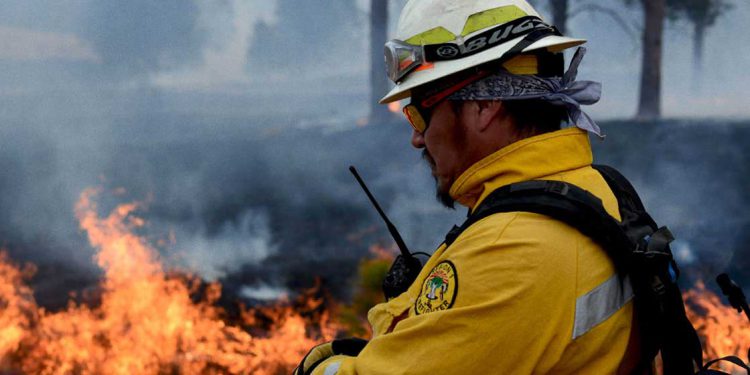
Denied in the heat of battle – why traditional radios fall short when battling a wildfire
The summer and fall months are peak wildfire season thanks to a combination of warm, dry weather, low precipitation and high winds. And these months are incredibly important for firefighters and emergency response organizations across the Midwest and the Pacific Northwest because of a wildfire’s sheer destructive potential. Just last
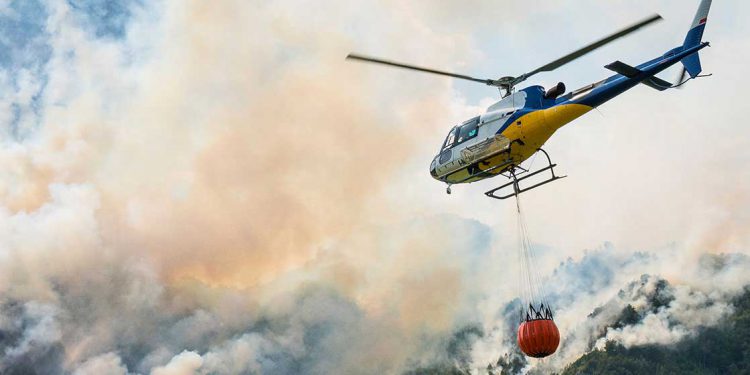
eBook | Major wildland incidents
The 2018 wildfire season was the deadliest and most destructive to date, with nearly two million acres burned in California alone. In this eBook, you will learn more about the challenges faced during the 2018 season and how the 2019 Wildfire Management Technology Advancement Act aims to help firefighters better
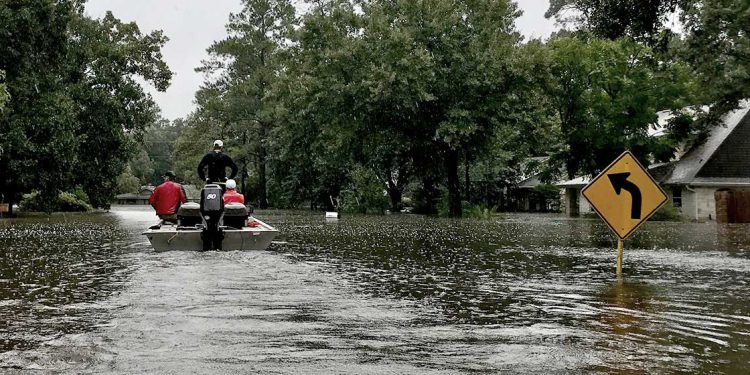
Staying connected while saving lives – mesh networking for public safety
In my home state of Texas, we’ve experienced three “five hundred year floods” in just the past few years. And that’s a similar story to what we’re hearing across the country, where flooding, wildfires, hurricanes and other natural disasters are seemingly increasing in frequency. But they’re not just happening more



